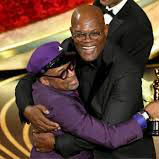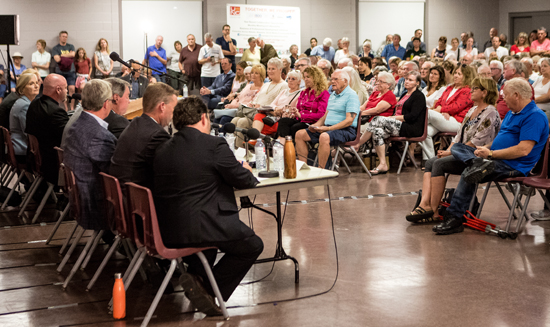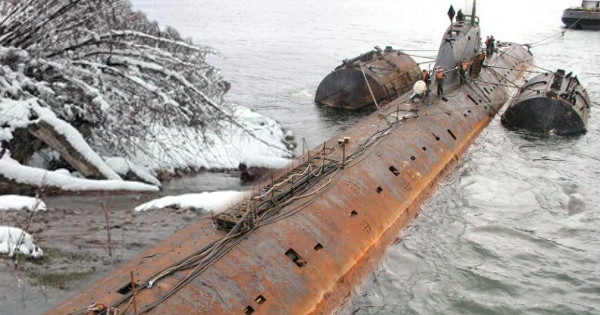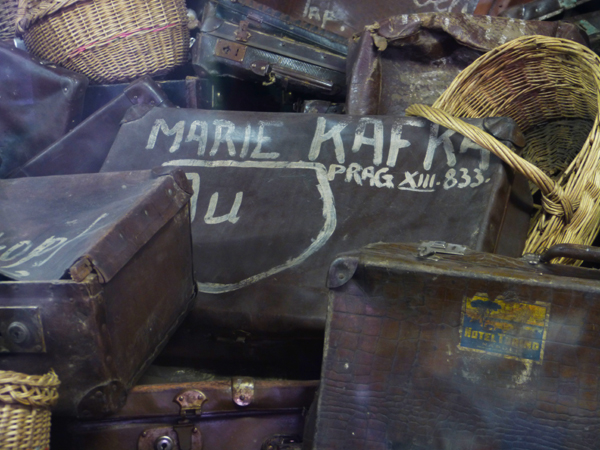
In recent weeks, I’ve taken to walking early in the morning. Every day. I follow a number of routes around town, each about five or six kilometres in length. The walks – sometimes I jog – remind me of the times back at high school when I would run 10 or 15 kilometres with the cross-country team, without even batting an eye. Anyway, one day last week, an acquaintance greeted me during my walk. “Why so early in the day?” he asked.
“Beat the heat, for one thing,” I said. “And because there’s nobody around.” (more…)








